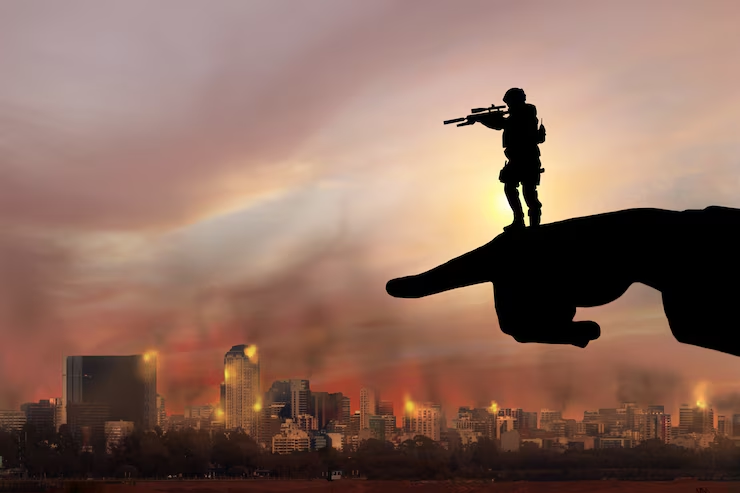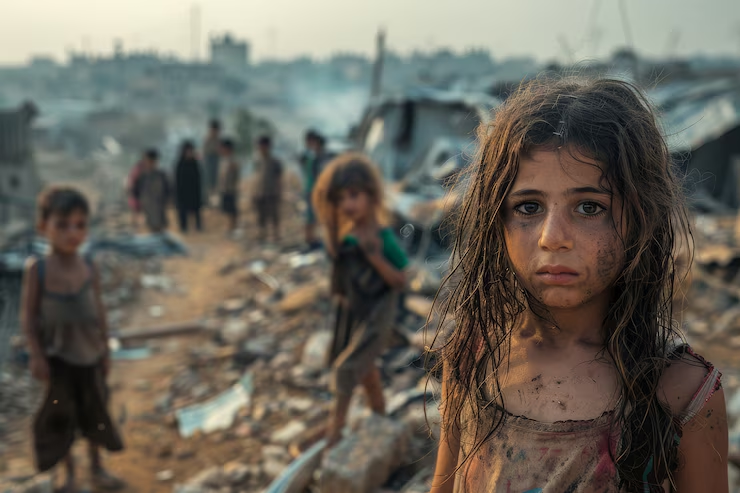The fighting in Gaza has drawn sharp words and some real steps from Canada, the United Kingdom, and France. All three say the toll on civilians is too high and that aid must flow in. They balance support for Israel’s right to defend itself with concern for human suffering. In recent days, each government has issued statements, paused talks, and weighed measures that go beyond words. This post looks at what they have done, what they have said, and what might come next as the Gaza crisis unfolds.
Canada’s response
Canada has spoken out in strong terms. On May 19, Prime Minister Justin Trudeau joined Britain and France in a joint statement. He called the level of human suffering in Gaza “intolerable” and said Israel must allow more aid and stop expanding its campaign. Canada also said it would work with partners to consider “concrete actions” if Israel did not change course.
At the same time, Canada has not yet imposed new sanctions. Officials say they remain focused on urgent relief and on pushing Israel to follow international law. Canada has sent extra funding to UN agencies working on food, water, and medicine in Gaza. But some human rights groups in Canada criticize the government for not doing more to pressure Israel directly.
Domestically, Trudeau faces a split public. Some Canadians back strong measures, while others worry that too much pressure could harm a key ally. Parliament debated a motion urging an immediate ceasefire. Trudeau’s government did not block it, but also did not join calls for a full arms embargo. Critics say Canada could act more firmly by cutting some military exports to Israel.
The United Kingdom’s response

The UK moved more quickly to follow words with steps. On May 20, Foreign Secretary David Lammy told Parliament: “This is monstrous. We must end the blockade and let aid in”. The UK then paused its free trade talks with Israel. It also imposed sanctions on a handful of West Bank settlers and on some Israeli entities tied to the Gaza campaign.
Beyond sanctions, the UK has asked its ambassador in Tel Aviv to demand clear explanations for any harm to civilians. British diplomats have summoned the Israeli envoy to London three times since last week, calling for investigations into warning shots fired at diplomatic convoys in the West Bank. That move underlines growing UK frustration with tactics that risk harming non-combatants.
UK ministers emphasize that they still back Israel’s right to defend itself against attacks. But they say any action must meet legal tests on necessity and proportionality. Labour and Conservative MPs agree on the need for more aid corridors. They call for clear measures if Israel fails to ease the siege.
France’s response
France has taken a mix of strong words and threats of tougher steps. President Emmanuel Macron described the Gaza offensive as “egregious” and warned that France would act if Israel did not open humanitarian pathways. On May 19, France joined Canada and the UK in a joint statement urging an immediate stop to deeper military moves in Gaza.
France has not yet slapped sanctions on Israeli individuals or groups. But Macron’s government is pressing for an EU-wide arms embargo on Israel’s military operations in Gaza. Paris is also pushing European partners to suspend any new defense sales to Israel until civilian harm is cut sharply.
Like Canada and the UK, France has boosted its funding for UN relief agencies. It has pledged new grants for food distribution, emergency shelters, and medical care in Gaza. French aid workers are on the ground in Egypt’s Rafah crossing, ready to move supplies into Gaza once security permits.
Joint steps and shared pressures
Together, Canada, the UK, and France issued a joint call for Israel to stop its expanded operations and lift the aid blockade. They said they stand ready to take “concrete actions” if Israel ignores demands. That phrase covers possible sanctions on officials, trade suspensions, or other diplomatic moves.
This joint stance marks a shift from earlier in the conflict, when Western allies largely limited themselves to urging restraint. Now, rising civilian deaths and scant aid have forced a tougher tone. All three say they will work through the UN and EU to coordinate further steps as needed.
Conclusion
Canada, the UK, and France have moved from words to real steps in response to Israel’s Gaza campaign. They have joined in cutting talks, threatening measures, and boosting relief. They seek to balance Israel’s security needs with urgent aid and civilian protection. Their next moves will depend on how Israel acts on aid access and on keeping harm to non-combatants low. As the Gaza crisis continues, these Western governments will test whether their joint pressure can help calm the fighting and pave a way back to talks.

